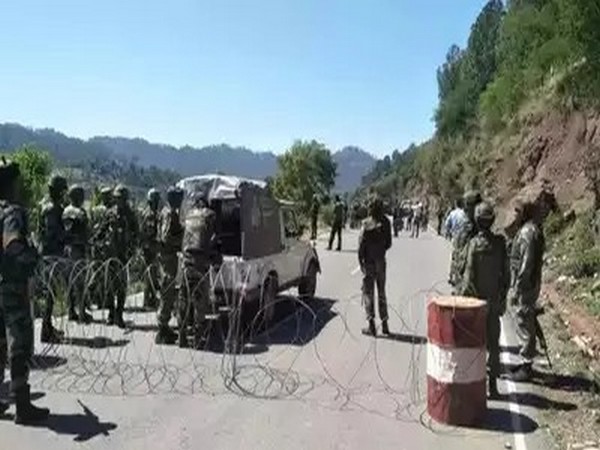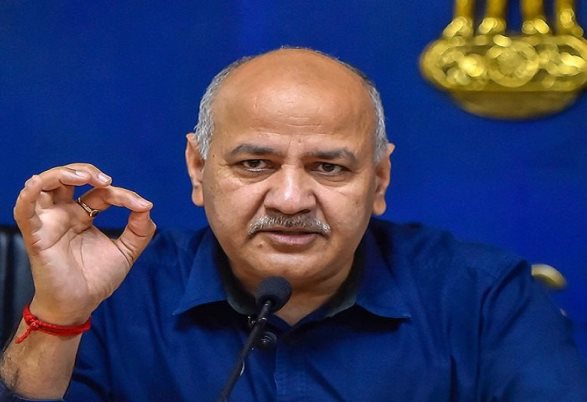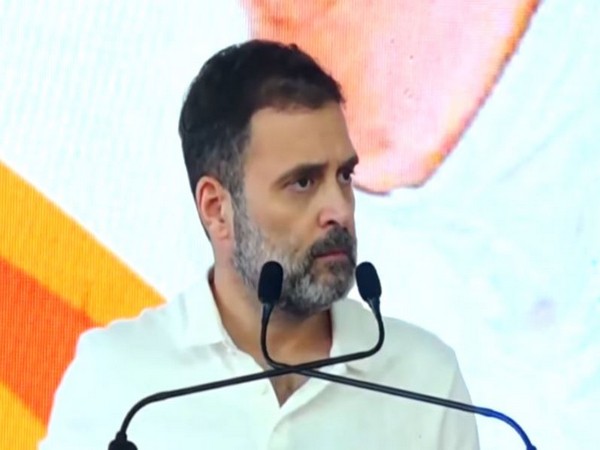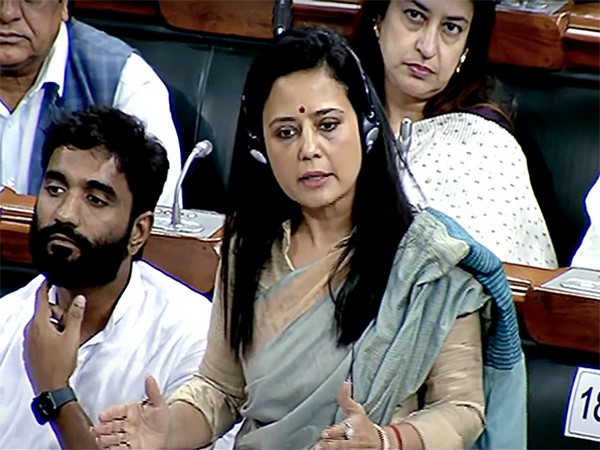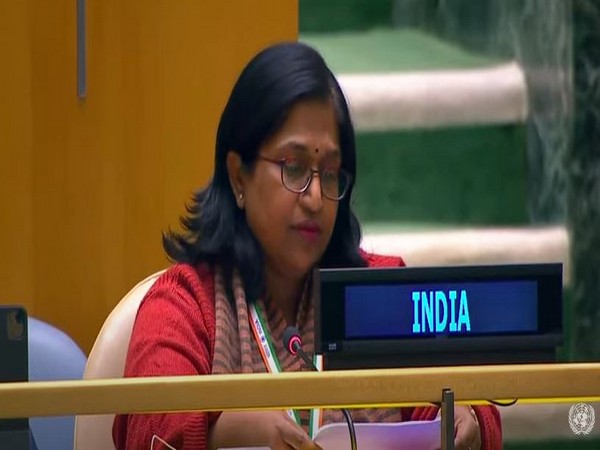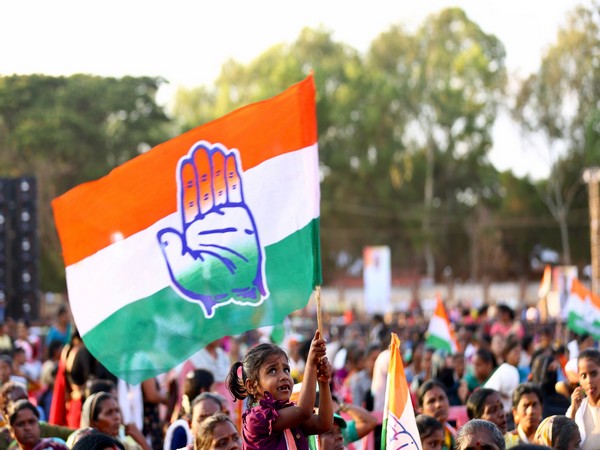Even as India was among the countries that abstained from voting for a non-binding Jordanian resolution, it voted in favour of a Canada-led amendment to the draft resolution on the Gaza crisis which failed to pass at the UNGA as it did not achieve a two-thirds majority.
Canada proposed an amendment to the resolution drafted by Jordan, which originally called for unhindered humanitarian access in the Gaza Strip but did not condemn terror organisation Hamas. Canada’s proposed amendment sought to insert a paragraph condemning the ‘terrorist attacks by Hamas.’
India abstained from voting on the Jordanian resolution which called for an “immediate, durable and sustained humanitarian truce” between Israeli forces and Hamas terrorists in Gaza. However, it is pertinent to note that India was in favour of the Canadian resolution which condemned the terrorist attacks by Hamas.
The Jordanian-led draft resolution was adopted by the General Assembly, with 120 votes in favour, 14 against and 45 abstentions. The 45 nations that abstained from voting on the resolution included Iceland, India, Panama, Lithuania and Greece.
The resolution was adopted during the UN General Assembly’s emergency special session on the Israel-Palestine crisis. The UNGA also demanded “continuous, sufficient and unhindered” provision of lifesaving supplies and services for civilians trapped inside the enclave.
The Canada-led amendment to the draft resolution on the Gaza crisis did not pass at the UNGA. It failed to achieve a two-thirds majority. An amendment proposed by Canada “unequivocally rejects and condemns the terrorist attacks by Hamas” in Israel which started on October 7 and the taking of hostages.
During the voting on the Canada-led amendment to the draft resolution, 88 voted in favour of the amendment, 55 voted against the amendment and 23 abstained from voting. The nations that voted in favour of the amendment included India, Australia, US, UK, Austria and Ukraine.
Meanwhile, expressing deep concerns over the deteriorating security situation and the astounding loss of civilian lives in the ongoing conflict between Israel and Hamas, India at the UN urged both parties to “de-escalate, eschew violence.”
India’s Deputy Permanent Representative to the United Nations Yojna Patel on Friday (local time) in her remarks at the United Nations General Assembly Emergency Special Session on the Israel-Hamas war said, “India is deeply concerned at the deteriorating security situation and the astounding loss of civilian lives in the ongoing conflict. The escalation of hostilities in the region will only exacerbate the humanitarian crisis. It is necessary for all parties to display the utmost responsibility.”
She noted that India has always supported a “negotiated two-state solution to the Israel-Palestine.” Patel said that India urges the parties to de-escalate, eschew violence and work towards creating conditions for an early resumption of direct peace negotiations.
“India has always supported a negotiated two-state solution to the Israel-Palestine issue leading to the establishment of a sovereign, independent and viable state of Palestine living within secure and recognized borders side by side in peace with Israel. For this, we urge the parties to de-escalate, eschew violence and work towards creating conditions for an early resumption of direct peace negotiations,” Yojna Patel said.
“We hope that the deliberations of this assembly will send a clear message against terror and violence and expand prospects for diplomacy and dialogue while addressing the humanitarian crisis that confronts us,” she added.
Patel also called the Hamas’s attacks on Israel on October 7 “shocking” and stressed that they deserve condemnation. She said that India calls for immediate and unconditional release of hostages.
“The terror attacks in Israel on 7th October were shocking and deserve condemnation. Our thoughts are also with those taken hostages. We call for their immediate and unconditional release. Terrorism is a malignancy and knows no borders, nationality or race. The world should not buy into any justification of terror acts. Let us keep aside differences, unite and adopt a zero-tolerance approach to terrorism,” Yojna Patel said.
Calling the casualties in Gaza a “telling, serious and continuing concern,” Yojna Patel said that the humanitarian crisis needs to be addressed. She stated that India welcomes the international community’s de-escalation efforts and delivery of humanitarian assistance to the people of Gaza.
Patel said, “Casualties in the ongoing conflict in Gaza are a telling, serious and continuing concern. Civilians, especially women and children, are paying with their lives. This humanitarian crisis needs to be addressed. We welcome the international community’s de-escalation efforts and delivery of humanitarian assistance to the people of Gaza. India, too, has contributed to this effort.”
Emphasising that differences and disputes should be resolved through dialogue, Patel said, “In a world where differences and disputes should be resolved by dialogue, this august body should be deeply concerned at recourse to violence. That too, when it happens on a scale and intensity that is an affront to basic human values. Violence as a means to achieve political objectives damages indiscriminately and does not pave the way for any durable solutions.”
The adoption of the Jordanian resolution is the first formal response of the United Nations to the escalation of violence in Israel and Palestine since the Hamas terror attacks of 7 October.
The voting at UNGA comes at a time when Israel has announced expanding ground operations in Gaza. (ANI)
